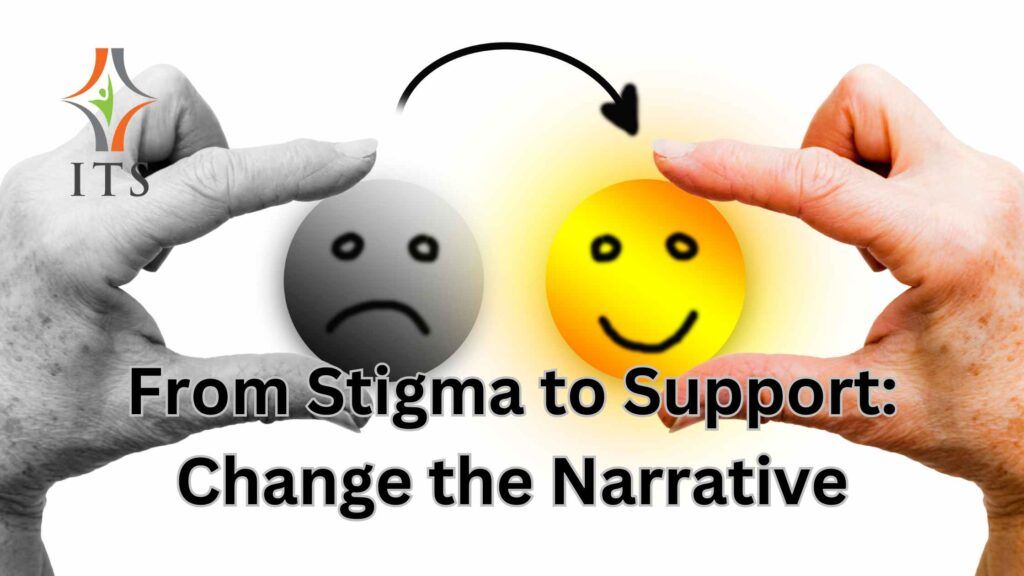
The conversation around opioid use disorder (OUD) is often clouded by stigma and misunderstanding. This not only alienates those struggling with addiction but also hinders effective treatment and recovery. As a dedicated organization in the field of addiction treatment, we believe it is crucial to shift this narrative from stigma to one of support and understanding. This article will explore how we can collectively contribute to changing the discourse around OUD.
Understanding the Stigma Around Opioid Use Disorder
The Impact of Stigma
Stigma around OUD can manifest in various ways:
- Misconceptions about OUD: Many people see OUD as a moral failing or a choice, rather than a medical condition. This perspective can deter individuals from seeking help due to fear of judgement.
- Discrimination in healthcare settings: Due to stigma, individuals with OUD may face discrimination when seeking medical help, leading to inadequate care or reluctance to seek treatment.
- Social isolation: People with OUD often feel isolated from their communities because of the shame and stigma associated with their condition.
These factors create significant barriers for those seeking help and contribute to the perpetuation of the opioid crisis.
The Role of Language in Perpetuating Stigma
Language plays a powerful role in shaping our perceptions. Terms like “addict” or “junkie” dehumanize individuals with OUD and reinforce negative stereotypes. By consciously using non-stigmatizing language, such as “person with opioid use disorder”, we can foster empathy and understanding.
Shifting the Narrative: From Stigma to Support
Changing the narrative around OUD requires concerted efforts from all sectors of society. Here’s how we can start:
- Education: Educate yourself and others about OUD as a medical condition. Understanding the nature of addiction can dispel myths and misconceptions.
- Empathy: Approach individuals with OUD with empathy and understanding, recognizing their struggle as part of the human experience.
- Advocacy: Advocate for policies that support comprehensive treatment for OUD and promote non-discriminatory practices in healthcare settings.
- Use of Non-Stigmatizing Language: Use person-first language that recognizes individuals with OUD as people first, not defined by their disorder.
Conclusion
Changing the narrative around opioid use disorder is a collective responsibility. By shifting our perspectives from stigma to support, we can create an environment where individuals with OUD feel seen, understood, and encouraged to seek help. As a dedicated organization in the field of addiction treatment, we are committed to promoting this change and providing compassionate, professional, and effective treatment for those struggling with OUD. If you or a loved one needs assistance, know that help is available, and recovery is possible. Reach out today to begin your journey towards healing.
